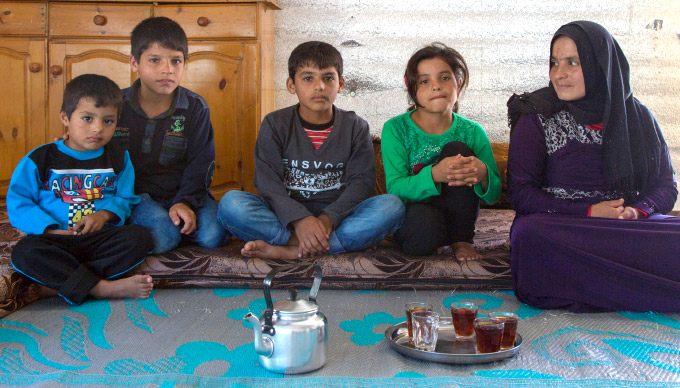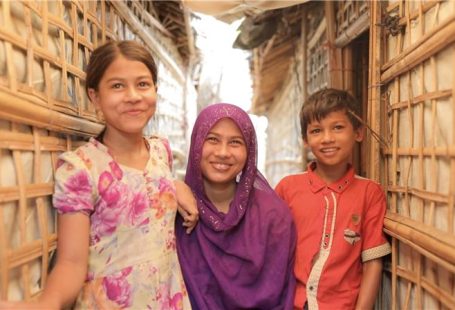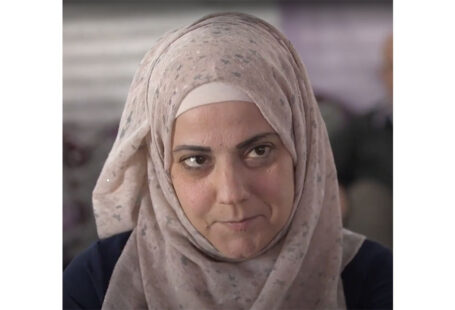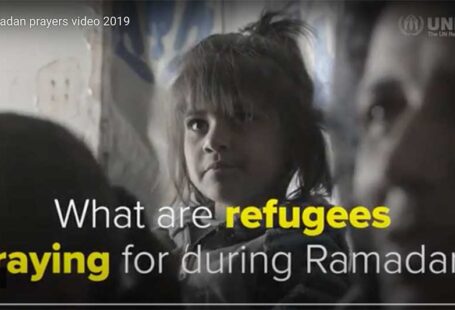The word “ghareem” comes from the word “ghurm”, which means debt. The gharem is a person in debt, which is clearly stated in the Quran as an eligible category to receive Zakat. Therefore if a person has a debt, and cannot pay it back, he/ she can receive the amount needed to pay back the debt.
All scholars agree that the person that has the means to repay his debt is not eligible to receive Zakat. If the person can only repay a part of his debt, Zakat can be given to repay the remaining part, not more. Scholars mention that an exception can be made in the case where the person has indeed the money to repay, but if he does, that will put him in need. The latter is eligible to receive Zakat for repaying his debt.
As for the specific conditions to be considered a legitimate “ghareem”, it varies from one school to another. For example, scholars put as conditions:
- That the person did not take a debt so that he can receive Zakat. The Maliki school mentions that if it is the case, then the person is not eligible to receive Zakat. Because we don’t want to encourage people to go into debt.
- That the person did not go into debt in order to commit something that is not allowed (haram). So Zakat should go to someone who has been in debt for something lawful. This is the opinion of the Maliki, Shafi’i and Hanafi schools.
Interestingly some scholars have divided debt into two categories:
- A normal debt, i.e. a person goes into debt for his needs.
- A debt for reconciliation. This happens for example when a person takes upon himself to pay in order to ease tensions between two groups that are in conflict. This was the case for example between two tribes, when one of them is claiming damages from another tribe, who does not want to pay. A person pledges to cover the damages to solve the conflict. It is allowed to give Zakat to this person. This is to encourage the resolution of conflicts, and is the opinion of the Shafi’i and Hanbali schools.
In the context of refugee crises, over 50% of refugee and internally displaced families are in debt. After losing their homes and possessions, and exhausting their savings, many are forced to incur debt to survive and pay for shelter, food, medication and education for their children. In addition, the time that many refugees or internally displaced persons (IDPs) spend away from their homes usually spans over years. Take the example of today’s biggest refugee crisis: Syria. The crisis has been ongoing for 8 years. It is near impossible for families to rely on savings for such a long period of time. It is all the more challenging given that job opportunities for refugees are often very limited. This pushes more than the majority of families to rely on debt. In Lebanon, a tragic 90% of Syrian refugee households are in some form of debt. In some cases, refugees were poor even in their own countries, and many families are headed by widowed mothers who are providing for their families and children alone. To give another example, in Yemen, 10% of the cash distributed to eligible families is used to repay debt.
That is why debt is one of the criteria used by UNHCR to assess the level of need and poverty of a family, including the Vulnerability Assessment Framework (VAF) in Jordan. The Refugee Zakat Fund follows VAF to identify eligible families who can receive vital cash assistance.
Finally, it is important to mention in this context the positive social impact that debt repayment has on the lives of the most vulnerable displaced families, as it improves their social networks by allowing them to repay loans borrowed from family, neighbors, and landlords which therefore reduces community and household tensions.











Social Profiles